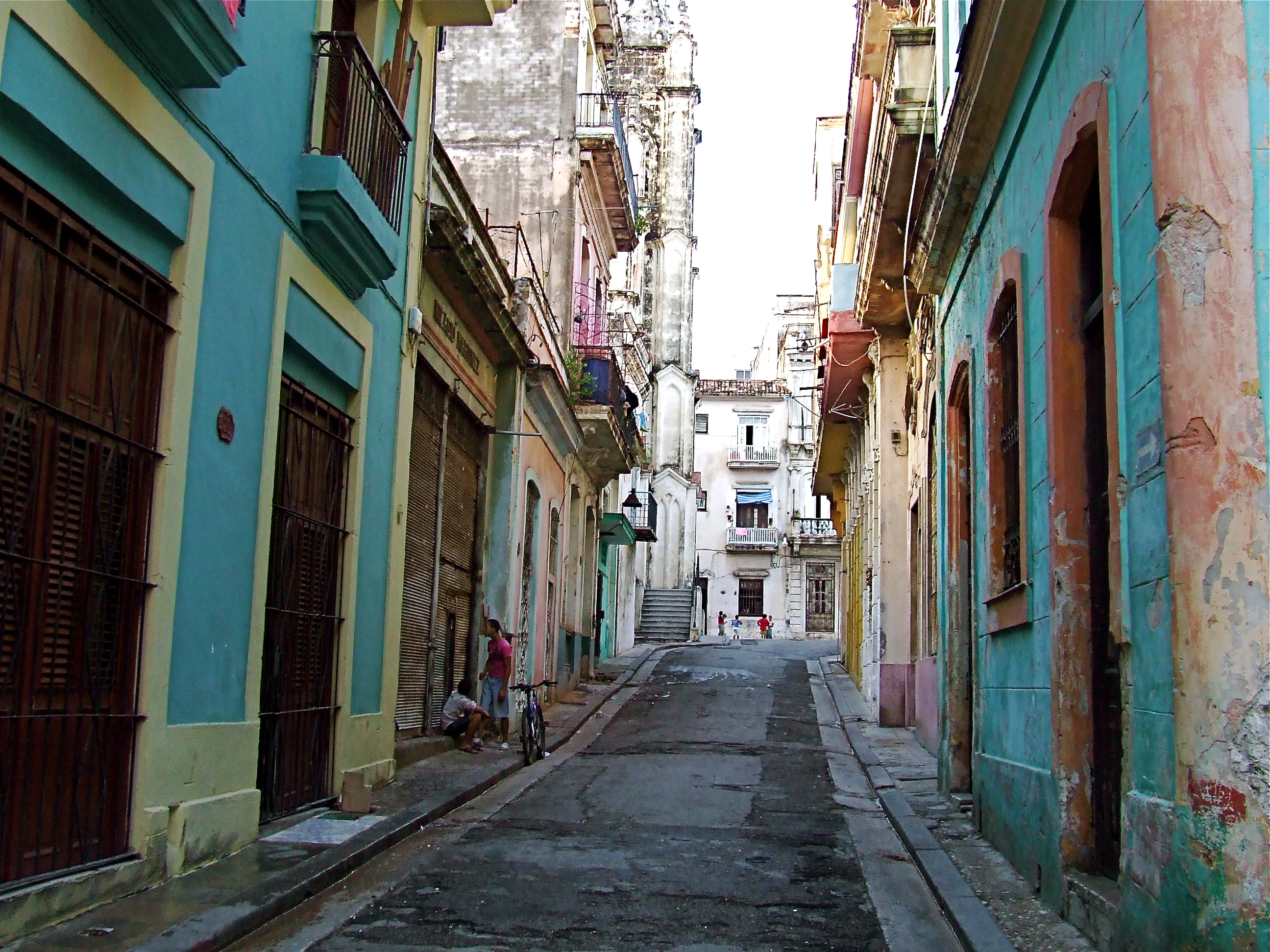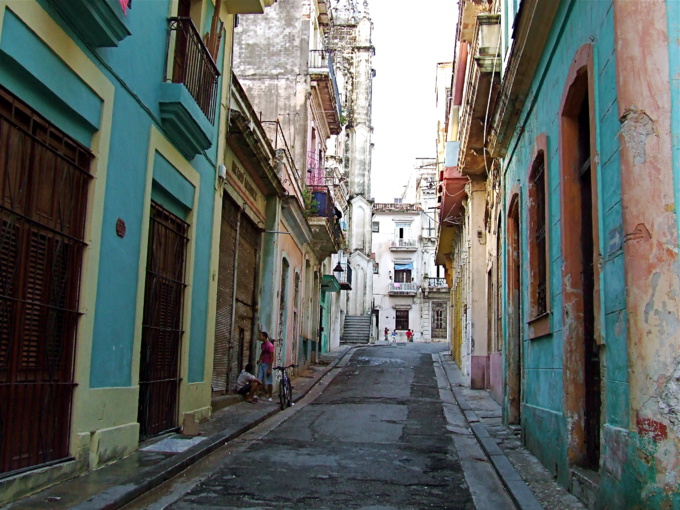The US administration has lifted some archaic provisions of the over half a century-old embargo against Cuba. For example, foreign vessels with cargo that have visited the island are now free to be sent to the US ports (they were required to wait 180 days to be accepted in the US before). Under the new rules, Cuban pharmaceutical companies have got an opportunity to cooperate with the Americans in the field of medical research. Perhaps one of the much-talked points is that American tourists visiting the island are now allowed to bring the famous cigars and rum in the United States. "Everyone will be able to celebrate holidays with the Cuban rum and cigars", - National Security Advisor to US President Susan Rice announced in Washington.
Many US media described lifting of the cigars and rum ban as a "historical event". Previously, everyone caught with these goods had to pay a heavy fine and could possibly go to jail). However, the Cuban authorities are still skeptical. "Obama is completing his term as president, yet blockade of Cuba remains", - said Director General of the Department of the United States at the Cuban Ministry of Foreign Affairs Josefina Vidal. According to her, Cuba expected more radical measures, like permission for direct investment in the Cuban economy, and expansion of exports and imports of Cuban goods not limited to just pharmacy. Havana is particularly dissatisfied with restrictions remaining in the banking sector. "Until now, Cuba can neither open deposits in the United States nor pay contracts to third countries in dollars, - said Ms. Vidal. - Foreign banks terrified by America are afraid to do business with our country."
At the same time, authorities of the island are themselves not particularly eager to open way to US exports. Back in January 2015, the US government allowed private entrepreneurs to deliver wide range of goods to Cuba. However, recent visit of the US Secretary of Commerce Penny Pritzker to Cuba has not resulted in any agreement in this area. Moreover, recently the Cuban government has toughened its policy against independent entrepreneurs.
There is another circumstance which prevents the Obama administration to pursue a more active policy towards Cuba. After the visit of the US President to the island in March this year, the government’s repression against dissidents has only increased. According to El Nuevo Herald, 718 opponents of the regime were monthly arrested in Cuba in 2015. In the first half of 2016, however, this figure had risen to 1105.
Reluctance of the Cuban authorities to change their policy sparked a reaction in the US Congress. The latter, despite of the White House’s efforts, does not intend to entirely lift the economic embargo against Cuba. "Brothers Raul and Fidel Castro are monthly jailing hundreds of activists from among opponents of the regime - said Speaker of the House of Representatives Paul Ryan. - This means that all efforts of the executive authorities to normalize relations with Cuba are collapsing. Recent actions of President Obama only help Castro consolidate his power."
Barack Obama does not shy away from the fact that he would like to make irreversible changes in "the Cuban strategy" before his term ends. However, active resistance of the Congress, as well as Havana’s general reluctance change its policy, only create more problems to the US president.
source: peoplesworld.org, reuters.com, elnuevoherald.com, miamiherald.com
Many US media described lifting of the cigars and rum ban as a "historical event". Previously, everyone caught with these goods had to pay a heavy fine and could possibly go to jail). However, the Cuban authorities are still skeptical. "Obama is completing his term as president, yet blockade of Cuba remains", - said Director General of the Department of the United States at the Cuban Ministry of Foreign Affairs Josefina Vidal. According to her, Cuba expected more radical measures, like permission for direct investment in the Cuban economy, and expansion of exports and imports of Cuban goods not limited to just pharmacy. Havana is particularly dissatisfied with restrictions remaining in the banking sector. "Until now, Cuba can neither open deposits in the United States nor pay contracts to third countries in dollars, - said Ms. Vidal. - Foreign banks terrified by America are afraid to do business with our country."
At the same time, authorities of the island are themselves not particularly eager to open way to US exports. Back in January 2015, the US government allowed private entrepreneurs to deliver wide range of goods to Cuba. However, recent visit of the US Secretary of Commerce Penny Pritzker to Cuba has not resulted in any agreement in this area. Moreover, recently the Cuban government has toughened its policy against independent entrepreneurs.
There is another circumstance which prevents the Obama administration to pursue a more active policy towards Cuba. After the visit of the US President to the island in March this year, the government’s repression against dissidents has only increased. According to El Nuevo Herald, 718 opponents of the regime were monthly arrested in Cuba in 2015. In the first half of 2016, however, this figure had risen to 1105.
Reluctance of the Cuban authorities to change their policy sparked a reaction in the US Congress. The latter, despite of the White House’s efforts, does not intend to entirely lift the economic embargo against Cuba. "Brothers Raul and Fidel Castro are monthly jailing hundreds of activists from among opponents of the regime - said Speaker of the House of Representatives Paul Ryan. - This means that all efforts of the executive authorities to normalize relations with Cuba are collapsing. Recent actions of President Obama only help Castro consolidate his power."
Barack Obama does not shy away from the fact that he would like to make irreversible changes in "the Cuban strategy" before his term ends. However, active resistance of the Congress, as well as Havana’s general reluctance change its policy, only create more problems to the US president.
source: peoplesworld.org, reuters.com, elnuevoherald.com, miamiherald.com



















